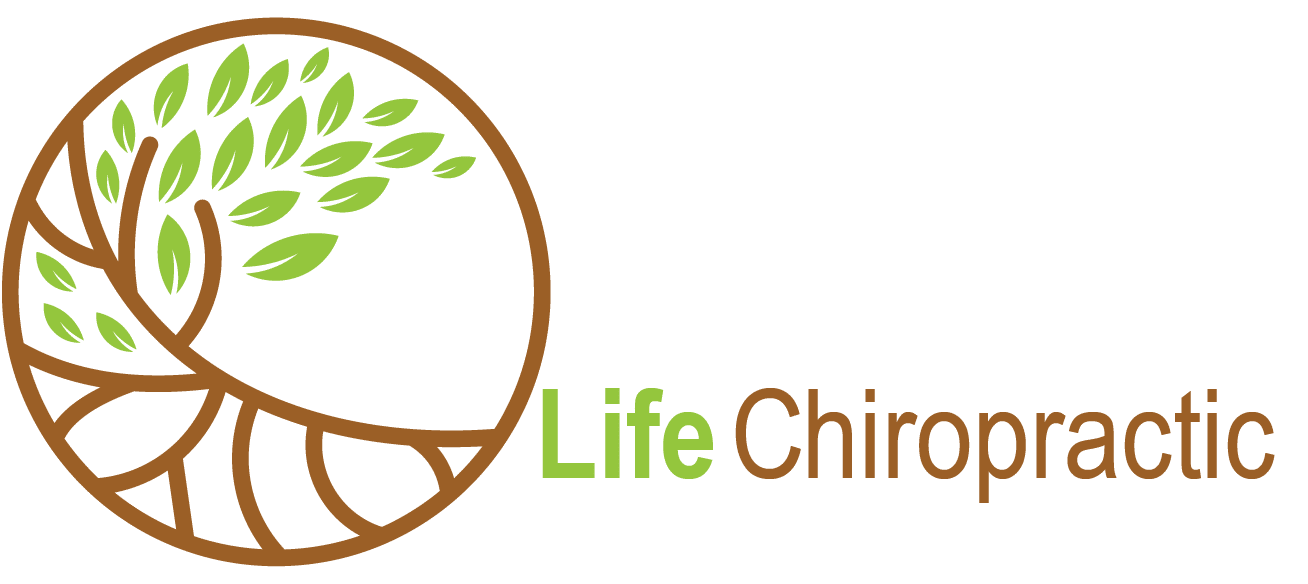THIS MERRY GO ROUND IS NO FUN!
Stress and anxiety can often feel like a relentless merry-go-round, affecting our physical and mental well-being. In this blog post, we will explore the dangers of relying solely on anxiety medications, the relationship between stress, dysautonomia, and anxiety, and how you can rewire your stress response using the fascinating concept of neuroplasticity.
Additionally, we will discuss the role of chiropractic care in restoring autonomic nervous system balance and the significance of the Vagus Nerve in promoting overall health and well-being.
Dangers of Anxiety Medications
While anxiety medications can provide temporary relief, it is essential to understand their limitations and potential side effects. Relying solely on medication without addressing the root causes of anxiety may lead to dependency and hinder long-term recovery.
Furthermore, some anxiety medications can cause unwanted side effects such as drowsiness, confusion, and even addiction. It is crucial to explore alternative approaches that address the underlying factors contributing to anxiety.
Stress, Dysautonomia, and Anxiety
Stress is a significant contributing factor to anxiety disorders. When we experience chronic stress, it can disrupt the autonomic nervous system, leading to dysautonomia. Dysautonomia is a condition that affects the body’s ability to regulate essential functions such as heart rate, blood pressure, and digestion. This dysregulation can contribute to or exacerbate anxiety symptoms. Understanding this relationship is crucial for finding effective solutions.
Anxiety is Physiological, not Emotional
Contrary to popular belief, anxiety is not solely emotional but has a physiological basis. It involves complex interactions between the brain, hormones, and nervous system.
When we experience stress or anxiety, our body releases stress hormones such as cortisol and adrenaline, which prepare us for a fight-or-flight response. These physiological reactions can manifest as racing heart, shortness of breath, or an overwhelming sense of fear. Recognizing the physiological nature of anxiety can help reshape our approach to managing it.
How Neuroplasticity Works
Neuroplasticity refers to the brain’s ability to reorganize and form new neural connections. It is the brain’s way of adapting to new experiences, learning, and recovering from injury or trauma. When it comes to anxiety, neuroplasticity offers hope in rewiring our stress response. By consciously training our minds and engaging in specific techniques such as meditation, mindfulness, and cognitive-behavioral therapy, we can create healthier neural pathways that reduce anxiety and promote resilience.
How Chiropractic Care Helps Restore Autonomic Nervous System Balance
Chiropractic care, known for its focus on the spine and nervous system, plays a vital role in restoring autonomic nervous system balance. Misalignments in the spine, known as subluxations, can disrupt the communication between the brain and the body, leading to dysautonomia and increased anxiety.
By gently adjusting the spine, chiropractors can alleviate these subluxations and restore proper nervous system function. This helps bring the body back into a state of balance, especially between the Sympathetic and Parasympathetic branches of the nervous system.
Chiropractic care can also help reduce muscle tension and promote relaxation, further supporting the management of anxiety.
The Role of the Vagus Nerve in Health and Well-being
The Vagus Nerve, also known as the tenth cranial nerve, plays a significant role in regulating stress and anxiety. It is a crucial part of the parasympathetic nervous system, responsible for promoting relaxation and counteracting the fight-or-flight response. Stimulation of the Vagus Nerve can help calm the nervous system, reduce anxiety, and improve overall well-being. Techniques such as deep breathing exercises, meditation, and certain chiropractic adjustments can help activate the Vagus Nerve and promote its optimal functioning.
Conclusion
Stress and anxiety may feel overwhelming, but it’s crucial to remember that there are effective strategies to manage them. By exploring the dangers of anxiety medications, understanding the relationship between stress, dysautonomia, and anxiety, and harnessing the power of neuroplasticity, we can rewrite our stress response.
Additionally, seeking chiropractic care and nurturing the Vagus Nerve can offer valuable support in banishing anxiety from our lives. Remember, you have the power to break free from the stress and anxiety merry-go-round for good.
About Dr. Berkowitz of Life Chiropractic
Bringing more than 3 decades of practice experience, Dr. Bill Berkowitz focuses on balancing and corrective care, applying his expertise to provide patients with predictable, repeatable and measurable results.
Dr. Bill consistently strives to enhance the well-being of his patients by addressing the root imbalances of their problems and promoting optimal balance, alignment, and function of the spine and nervous system.
Bill’s wealth of knowledge and experience has allowed him to develop a nuanced understanding of the human body and its intricate connections. With each adjustment, he supports the body in returning to a state of balance that goes beyond mere symptom relief, focusing instead on long-term correction for his patients’ well-being.
Make sure to subscribe to Dr Berkowitz’s social media pages where he regularly posts tips, insights and valuable information.
Facebook: Life Chiropractic Facebook
YouTube: Life Chiropractic YouTube
Instagram: Life Chiropractic Instagram
Blog: https://lifewithinchiropractic.com/blog/
Schedule your first visit here: Life Chiropractic
